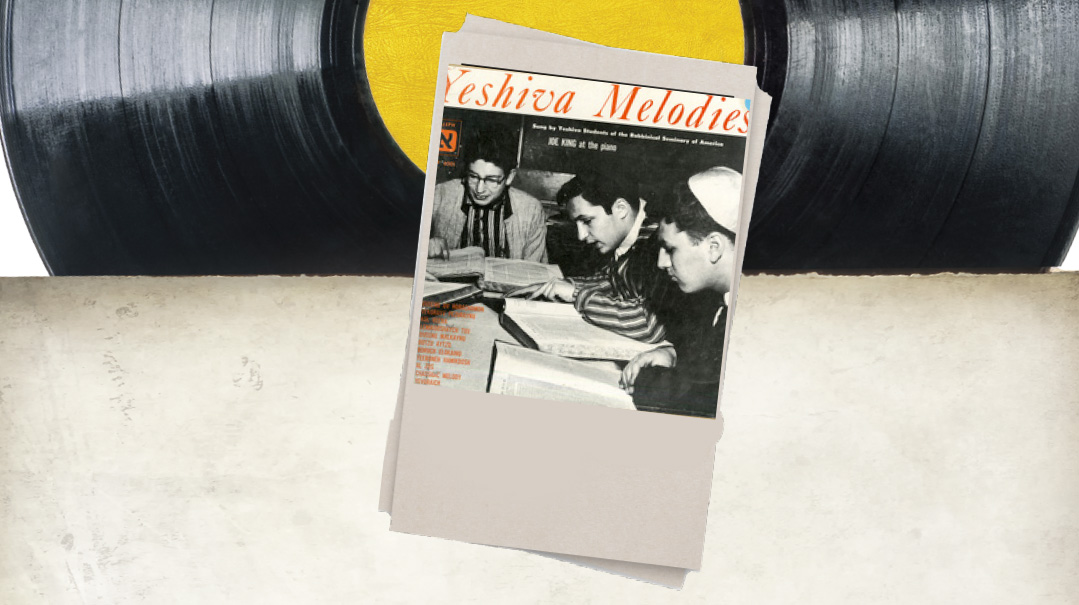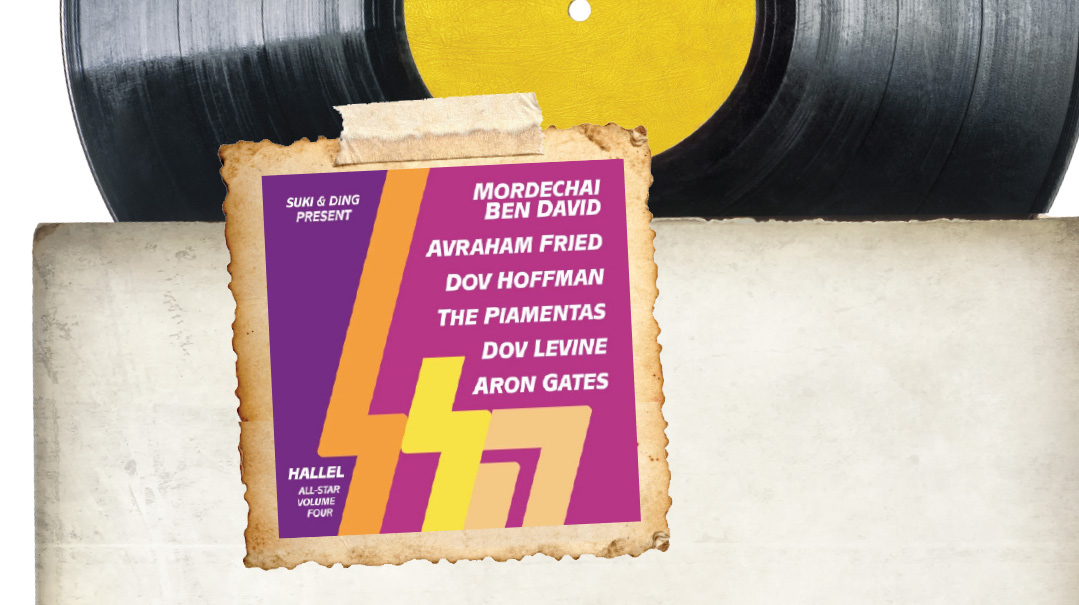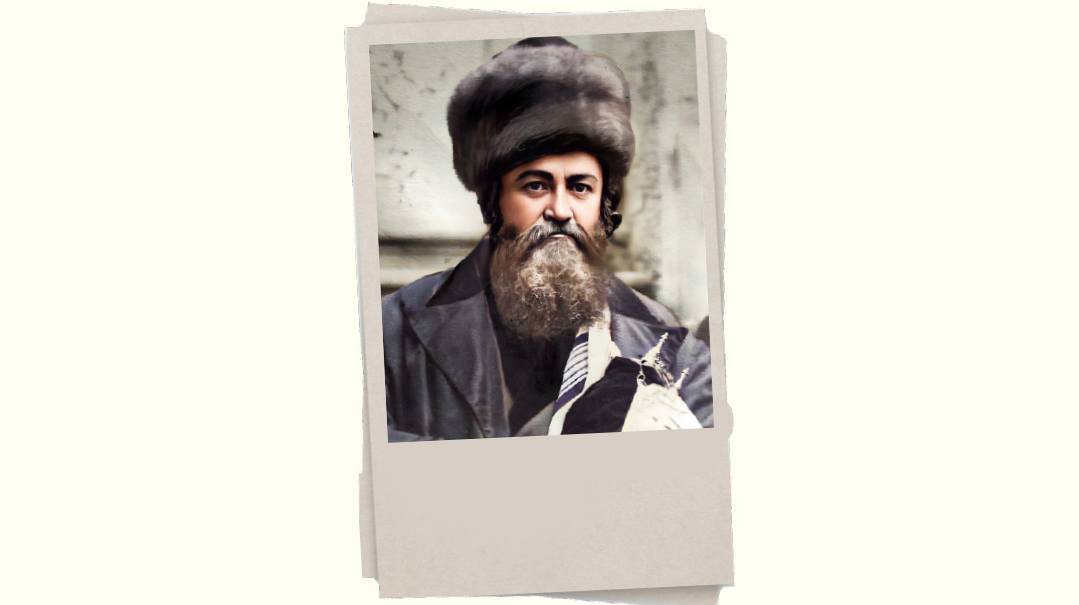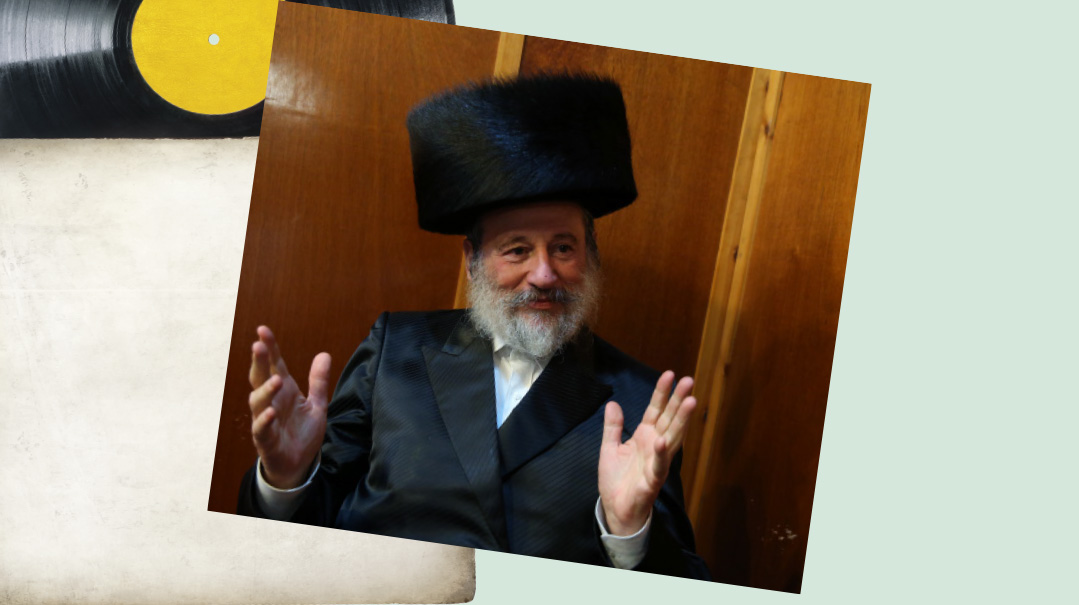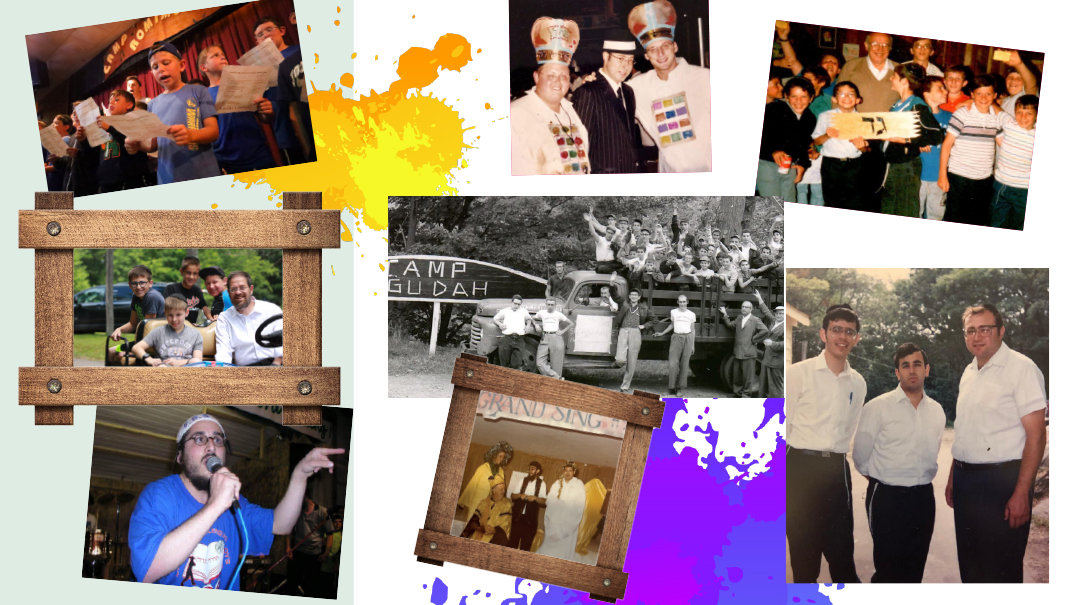Second Stage

One city has been doing a major concert for 50 years straight
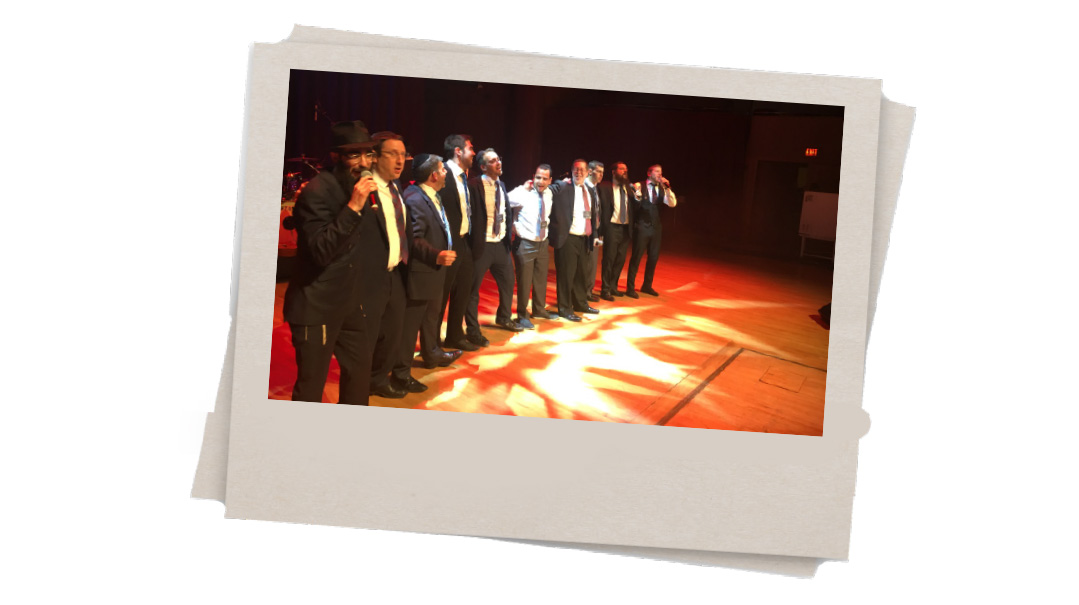
Jewish music concerts in cities around the US reached their peak in the 1980s, much-anticipated events when even “out-of-towners” could meet their favorite music celebrities.
Places like Chicago and Detroit, Los Angeles and Miami, might have had five or six concerts annually, not to mention the concert scene in the New York area. But over the last 20 years or so, the concert concept has become less popular — not because cities aren’t interested in sponsoring them, but because the costs have become prohibitive. The performers, sound systems, video walls, extravagant lighting — it all became too much for smaller communities to afford.
One city, however, has been doing a major concert for 50 years straight. The city is Baltimore, and the organization that’s been sponsoring those concerts all these years is NCSY, an organization under the Orthodox Union whose mission is to inspire Jewish teens to build a strong connection to their Jewish roots.
Fifty years ago, a chassidish kollel yungerman with a dynamic personality yet zero kiruv experience named Rabbi Yitzy Lowenbraun (Reb Itchie) a”h took over the fledgling Atlantic Seaboard region of NCSY and made it one of the most innovative and successful kiruv operations in the country. It was Reb Itchie who organized that first concert. It took place in the large Beth Tfiloh shul, which was able to accommodate 1,600 people. The performer was singer/musician Stanley Miller; the following year, it was a new music sensation named Mordechai Ben David, followed a year later by the London School of Jewish Song. Since then, almost every popular Jewish performer has had an opportunity to perform on the NCSY stage.
Over the years, performers at what is officially known as the Isaac H. Taylor Jewish Music Festival (Dr. Taylor has sponsored the concert since the beginning, assisted first by Bonnie Pollack and then by Lauren Gluck) have included Avraham Fried, Miami Boys Choir, Diaspora Yeshiva Band, Yoel Sharabi, Dedi, Ohad, Yaakov Shwekey, Abie Rotenberg, and more recently, Benny Friedman, Simcha Leiner and Mordechai Shapiro.
Of course, traveling out of the New York area always has its risks. MBD arrived in Baltimore a breathable two hours before showtime, only to realize he had left his suit at home. Rabbi Yitzchok Dinovitzer, NCSY’s educational director and his escort, told him not to worry, took him directly to a Jewish suit store, bought a suit, had it checked for shaatnez and tailored on the spot, making it to the concert just in time.
Yerachmiel Begun once told me that the first time he performed there, he looked around and realized that the stage only had enough room to fit the boys but no room for the musicians. Then he saw that the shul had a choir box above the aron kodesh, so that’s where he put the musicians that night, and although he was skeptical, it worked out seamlessly.
Dedi was the one person who performed there for three consecutive years. The crowds always went wild when he performed — all the NCSY teens stood for the entire evening, singing and dancing in the aisles. Right before one of the concerts was over, Dedi asked the audience, “I need to eat after the show. Any suggestions?” It turned out that the restaurant he decided on couldn’t possibly hold the number of patrons who wanted to get in that night along with him.
One year, when Avraham Fried was the headliner, he decided to make the four-hour drive to Baltimore, when it began to snow. He arrived ten minutes before showtime and performed an amazing show without a rehearsal. He did have to stay overnight, though, as it was impossible to drive back.
Covid was the only year the concert was recorded online instead of live, but the organizers were worried that people wouldn’t pay the admission fee. In the end, it turned out that they made a nice profit for the organization, as everyone wanted to support the great cause.
The NCSY team, now under the leadership of Rabbi Jonah Lerner, always comes on stage for the last song, joining the cast as they sing the same finale they’ve been singing since that first evening in 1976 — “Someday We Will All Be Together.”
In the last decade, the concert has moved from the shul to Baltimore’s foremost music halls. I’m personally looking forward to this year’s 50th anniversary show, which will be held at The Lyric on January 12 and will feature Yoni Z, Shulem Lemmer, and Joey Newcomb.
Next week, my only son, Yaakov Moshe, will iy”H be getting married to his kallah, Atara Weiner, but what can I do — their Sunday sheva brachos falls on the same day. Wherever I’ll be, it’s a big mazel tov!
(Originally featured in Mishpacha, Issue 1943)
Oops! We could not locate your form.

